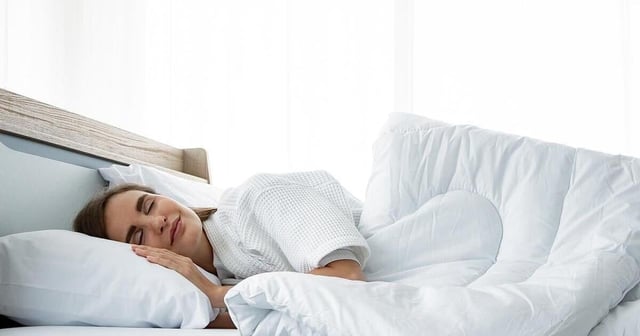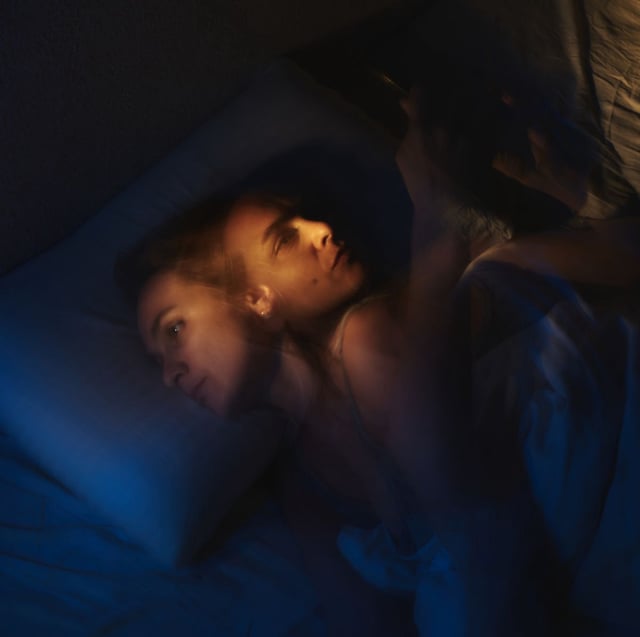Overview
- Published Oct. 7 in PLOS Biology, the Concordia-led analysis used Human Connectome Project imaging plus detailed surveys from healthy adults aged 22–36.
- The five profiles were identified as poor sleep with mental-health burdens; sleep resilience with possible misperception; short duration tied to weaker problem-solving and emotion processing; sleep-aid use paired with strong social support; and disturbance-heavy sleep tied to anxiety and substance use.
- Short sleepers showed higher aggression and irritability, while the sleep-aid group displayed lower emotional awareness and weaker memory on testing.
- Researchers report associations across brain measures, mental health and cognition, emphasizing that sleep quality, disturbances and perception matter beyond total hours.
- Experts say the framework could guide more personalized sleep assessments in clinics, though they note the cross-sectional sample requires further longitudinal and clinical validation.

